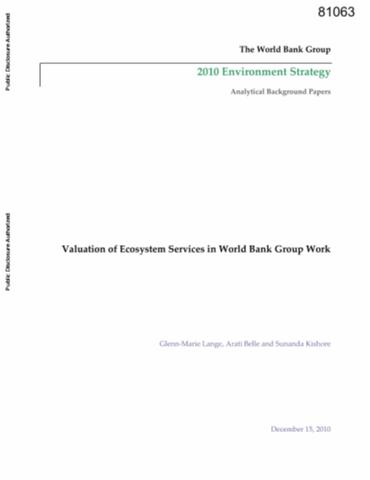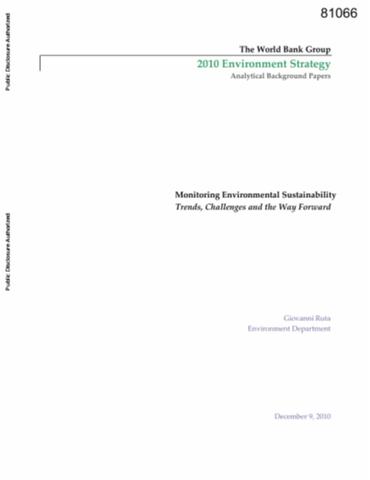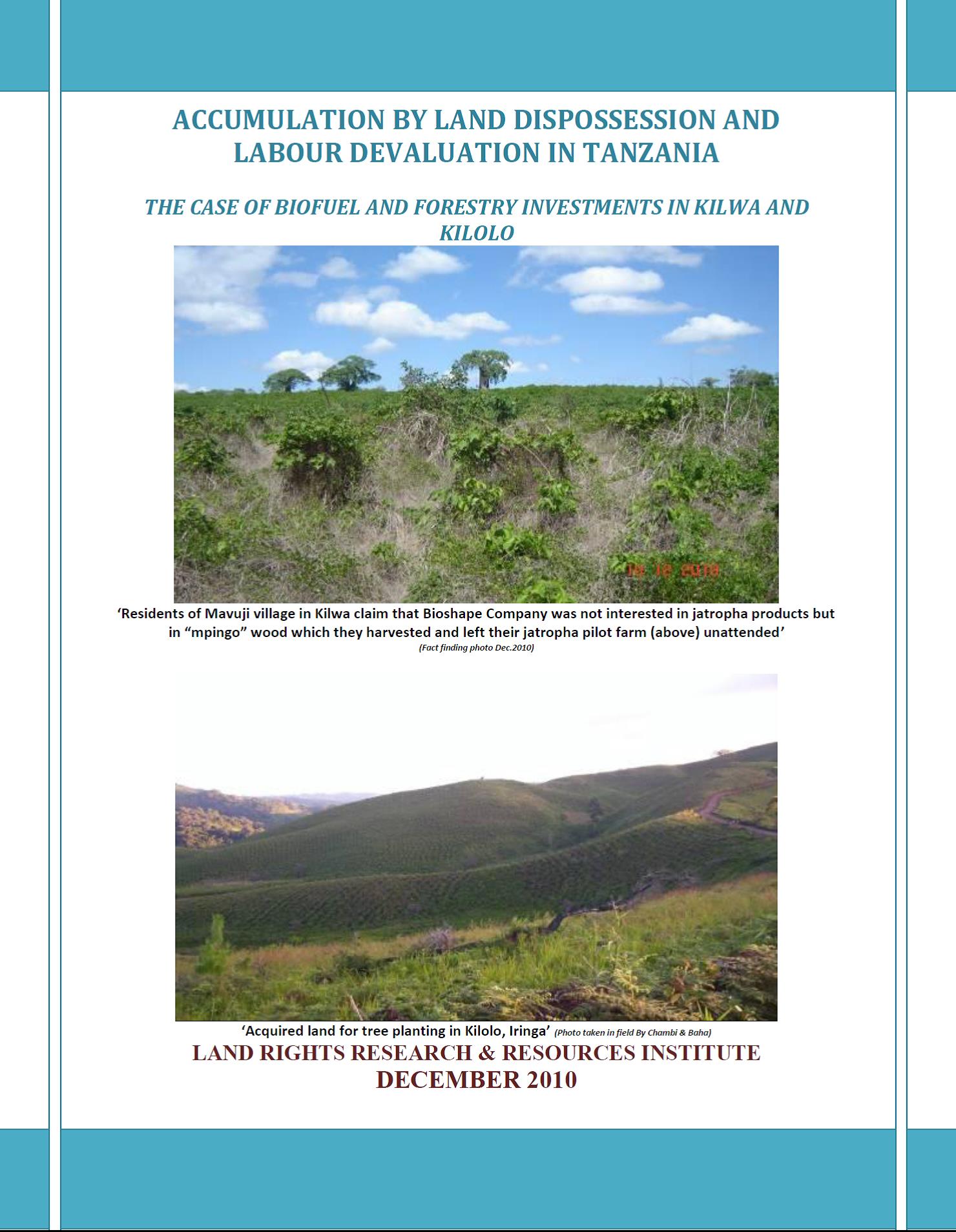Community forestry development research in South East Asia : findings of a synthesis study of IDRC supported projects in Cambodia, NE India, Indonesia, Nepal, Philippines and Vietnam
Ten IDRC-supported community forestry projects in six countries were selected for this synthesis study. A sizable part of the rural population in these countries are designated as ‘encroachers’ or ‘trespassers’ in the ‘forest.’ Many of these forest users claim long standing customary rights to the area, some of which are formally recognized in state law, but seldom in practice.
Robuuste verbinding Holterberg-Haaksbergerveen : toetsing gevolgen aanpassing van doelen
In opdracht van het ministerie van LNV en in samenwerking met de provincie Overijssel is dit advies opgesteld. Er is een geplande Robuuste verbindingszone Holterberg-Haaksbergerveen, met het hoogste ambitie niveau B3. Deze verbinding zou moeten fungeren als bosverbinding, met grasland en klein water. LNV Directie Oost met de provincie Overijssel heeft verzocht te onderzoeken wat de effecten zijn op het functioneren van de verbinding.
Tenure rights and benefit sharing arrangements for REDD: A case study of two REDD Pilot Projects in Cambodia
Deforestation and forest degradation account for up to 20% of the total annual anthropogenic greenhouse gas emissions. As a result, current approaches to address climate change include strategies to reduce deforestation and forest degradation in developing countries (REDD). Even though REDD is still under discussion within the UNFCCC framework, many REDD pilot projects are being implemented across the tropics.
Valuation of Ecosystem Services in World Bank Group Work
In 2005, the Millennium Ecosystem Assessment (MA, 2005) provided the first comprehensive report on global ecosystems, the dependence of human societies on the services provided, current state, and likely future trajectory. The MA identified the failure to value ecosystem services as a major contributing cause. The 2001 environment strategy did not explicitly address environmental valuation, although the focus on poverty and environment implies a need for valuing natural resources and environmental services.
Monitoring Environmental Sustainability
This report presents a concise review of the major environmental and natural resources issues at the global and national level over the coming two decades. The environmental issues reviewed include air pollution and deterioration of air quality, greenhouse gas emissions and climate change, water quality, scarcity and access, land and soil degradation, deforestation and forest degradation, natural disaster, loss of biodiversity and protected areas, and governance and institutions for environmental and natural resource management.
National Integrated Coastal Management Framework and Implementation Strategy for Vanuatu.
The National Integrated Coastal Management Framework (NICMF) and Implementation Strategy for Vanuatu is a cross-sectoral strategy enacted in 2010 that seeks to give substance to the national vision for sustainable coastal environmental management by prescribing institutional arrangements needed for management of the coastal ecosystem, and identifies relevant stakeholders to support the process for implementing management and development activities.
Accumulation by Land Dispossession and Labour Devaluation in Tanzania
New commercial pressures on land and its impact on small producers is one of the major issues being discussed in both national and international arenas. As foreign states and corporate entities continue to exert pressures on African countries to acquire land for various investment purposes, Tanzania is not exempted. The country is stereotypically perceived as having large underutilized, or rather unexploited, fertile land – the so-called ‗virgin land‘.
Una gobernanza responsable en la tenencia de la tierra: factor esencial para la realización del derecho a la alimentación
Documento de trabajo sobre la tenencia de la tierra 15. Esta publicación presenta los vínculos que existen entre la tenencia de la tierra y la realización del derecho a la alimentación. Plantea que una gobernanza responsable de la tierra requiere un enfoque basado en los derechos humanos con el fin de implementar soluciones globales que resulten coherentes y efectivas a largo plazo.
Pacific Regional Assessment for the FAO Voluntary Guidelines on Responsible Governance of Tenure of Land and other Natural Resources
FAO (Food and Agriculture Organization of the United Nations) and other development partners are working together with countries to prepare Voluntary Guidelines that will provide practical guidance to states, civil society, the private sector, donors and development specialists on the responsible governance of tenure. By setting out principles and internationally accepted standards for responsible practices, the Voluntary Guidelines will provide a framework and point of reference that stakeholders can use when developing their own policies and actions.
Assessment of forest tenure trade centers in Fujian Province
Information of Forest Resources with Emphasis to National Forest Inventories
Meeting Name: Latin American and Caribbean Forestry Commission (LACFC)
Meeting symbol/code: FO:LACFC/2010/4
Session: Sess. 26







